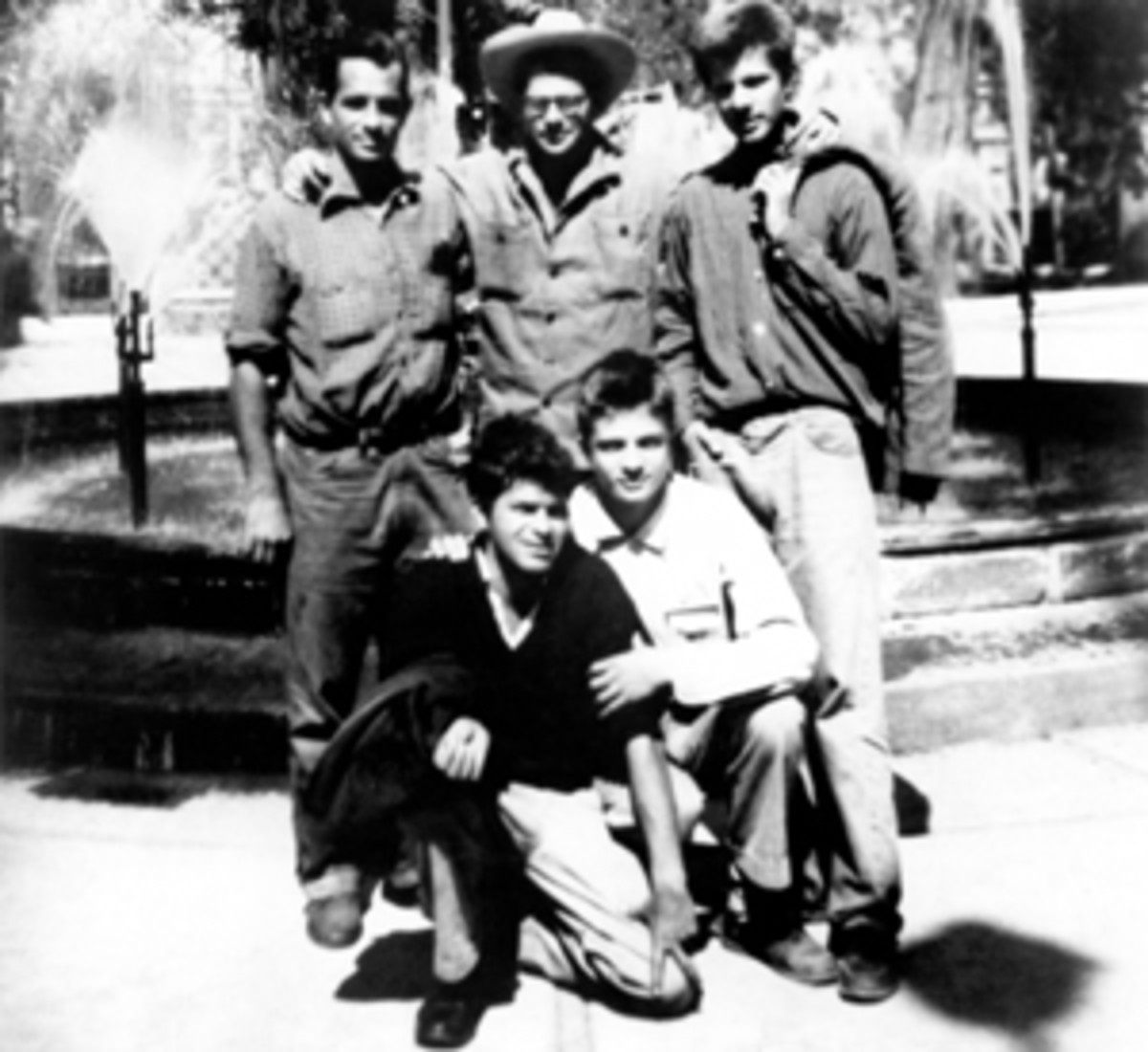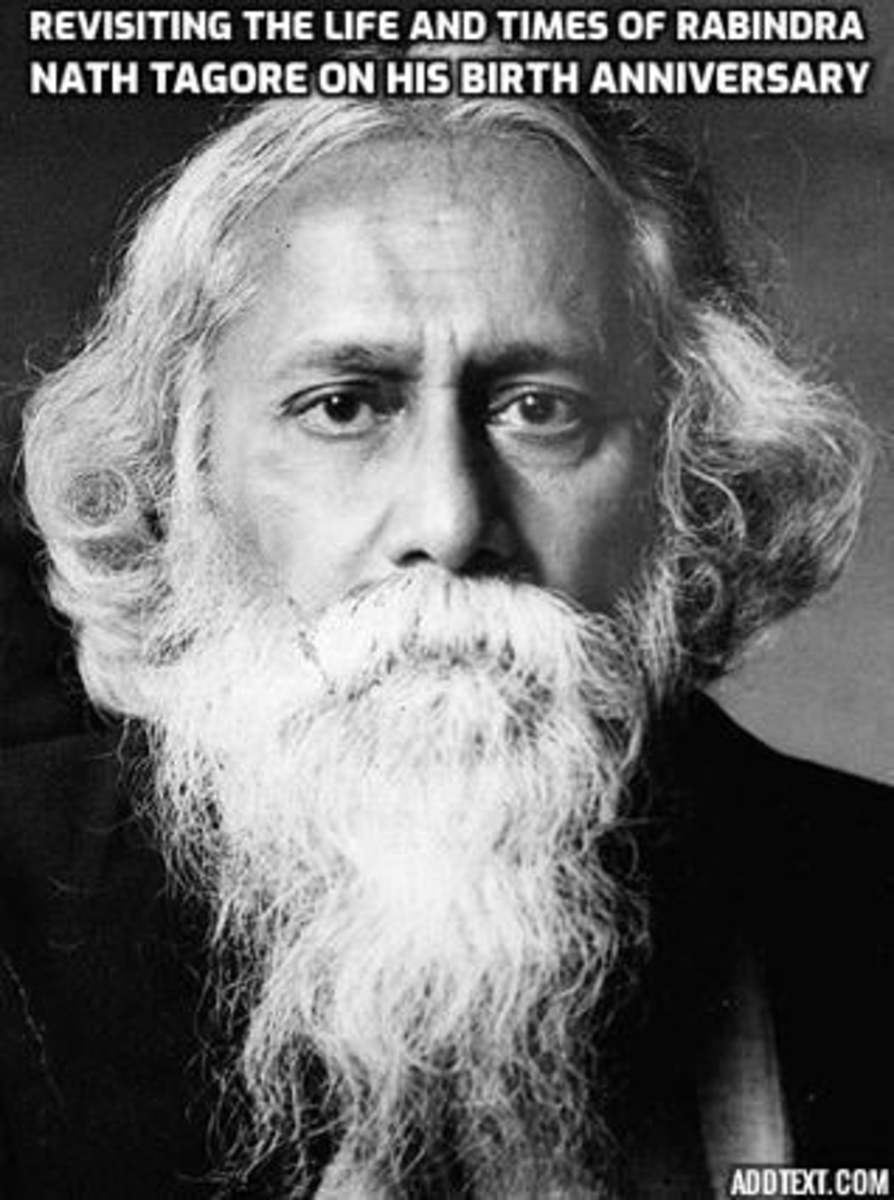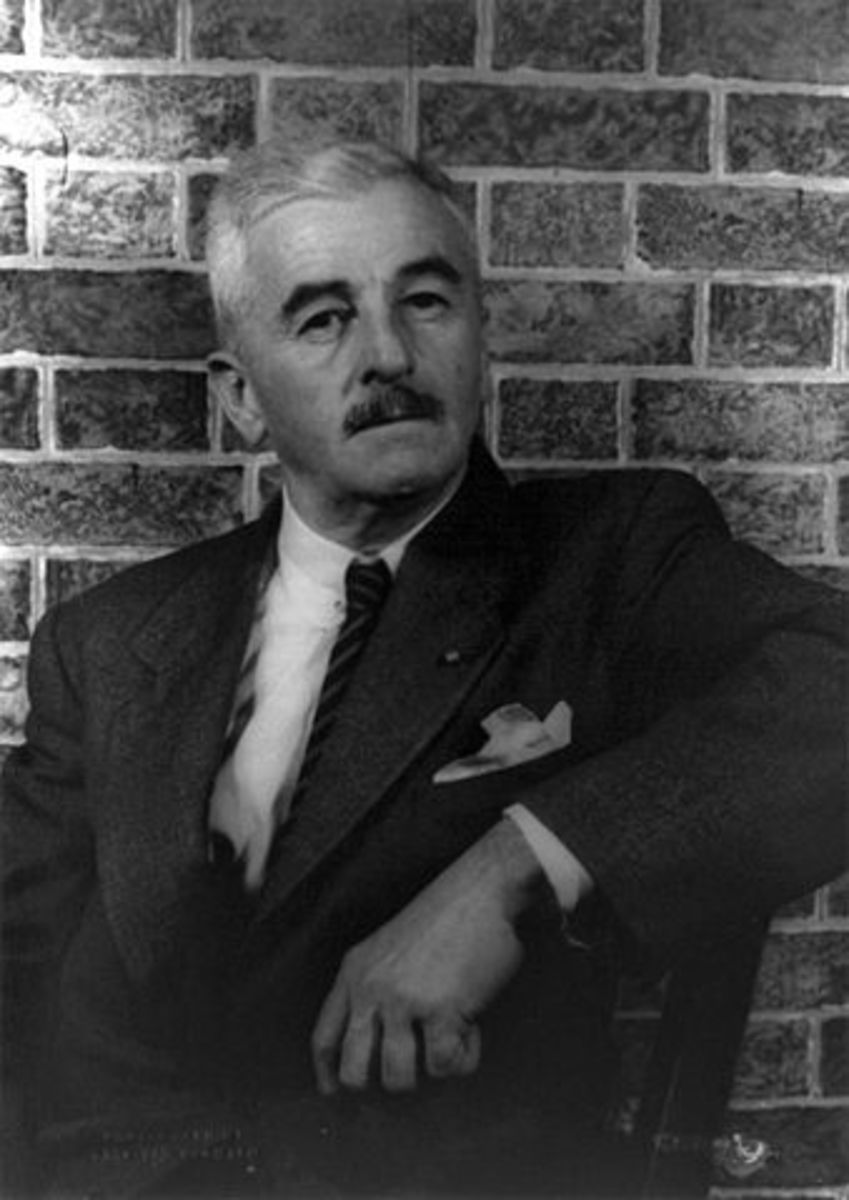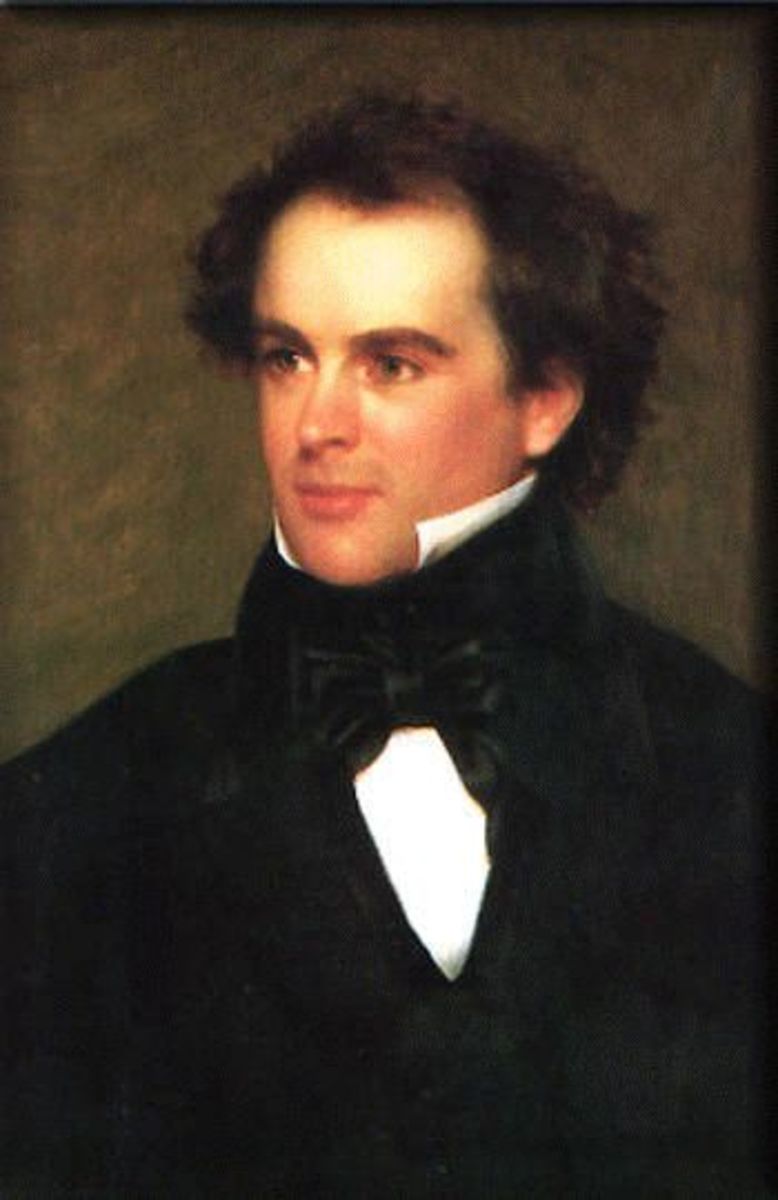How to win a Nobel Prize for Literature even if you can't sell a book: Reflecting on William Faulkner's Work and Speech
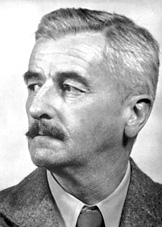
What's a boy from Mississippi supposed to write about?
When William Faulkner was awarded the Nobel Prize for Literature in 1949, his works in the United States had been out of print for almost a decade. While writers like Steinbeck and Hemingway dominated the American literary landscape, Faulkner was, at best, an afterthought.
The fact that he had one of the most prolific writing periods in any modern writer's life (over 10 novels from 1929-1940) had been forgotten. Jean Paul Sartre's praise of his portrayal of the human mind and its relationship to time fell on deaf American ears. His short stint in Hollywood was almost unknown to the public. For all intents and purposes William Faulkner was an over the hill secondary literary figure in an American landscape dominated by bigger and more lucrative names.
The eyes and ears of Europe, however, were not so enthralled by Hemingway and Steinbeck. In fact Sartre even said, "To the young people in France, Faulkner is a god." The Nobel Prize committee had put his name on the ballet in 1948, but it would not be until the next year that he actually won the award. The Nobel Prize is one of the most prestigious awards given out no matter what the category, but to have one awarded to you decades before your supposedly "better peers" and despite the fact your own country cannot recognize your contributions and worthiness is unheard of.
William Faulkner was awarded the Nobel Prize for his work in literature. His literary contributions stand alone as one the most powerful, complex, realistic, and painfully honest and creative in American Literature. Inspired by Sherwood Anderson, Faulkner created his own fictional county in Mississippi. This county, named Yoknapatawpha, was home to the characters and events in most of Faulkner's stories and novels. This interweaving of characters, locations, and events created an American Mythos that enhances, explains, and enriches our own history. Faulkner wrote about the human heart, its treacheries and hopes, its triumphs and failures, and its eternal conflict with itself and this experience we call life.
Rather than write about what he did not know, Faulkner used the pieces of life he saw around him. He wrote his own life and family and state's history into legend, allowing the events he was familiar with become the literary proving ground for the human heart and its concerns. The effect of this achievement is so far reaching that not only did he win awards from countries and peoples as different from his world as we today are, but he inspired a return to literature about human beings, instead of about death and bombs. Writers like Toni Morrison and John Barth have taken from Faulkner an understanding of human history and social relationships that is bigger than fear that have allowed them to make beauty and life spring forth from human mistakes and treachery that have traditionally been viewed as the source of only fear, death and pain.
This is not easy literature, but it is important, because it is authentic, and the pain Faulkner's characters experience is our own. Rather than shy away from our ugly past, Faulkner wrote it down and as honestly as he knew how: more honest than some people could handle. (For example Sanctuary was rejected by publishers because it dealt with the corruption of an innocent girl.) His work, therefore, often elicits reactions of sorrow and compassion, emotions we should all exercise when dealing with harsh realities of survival and man's inhumanity to himself, others, and the land. In fact, just like our own world, the source of all evil in Faulkner's novels stem directly from man's ability and willingness to exploit his fellow man, and the land and resources which nourish him. Faulkner knew the depths man could stoop to, and he also knew the heights he could reach and he faithfully recorded them as best he knew how. This is the highest obligation of the writer: to faithfully record humans as they are in the specific time and place you are given. Occasionally, throughout time, a few of the most gifted writers somehow turn their local specific story into the timeless story of mankind that has been going on since the dawn of time. This is Faulkner's greatest achievement, and his most lasting contribution to literature and humanity: his unflinching vision straight into the dark heart of man.
So where does one begin with William Faulkner? His inventive style and disregard for the conventions of literary tradition make him a difficult read for the average reader, but his message is still as important and worth the effort. Perhaps the easiest to get into is As I Lay Dying, though it is not a deep or rewarding as Light In August or Absalom Absalom!. The circular nature of the novels, for they all refer to one another and take place simultaneously in the lives of the characters they are about, makes any starting place a bit contrived. For this reason there will be drawbacks with starting on any novel. I recommend As I Lay Dying because not only is it one of the easiest to read, but it was also one of his first novels and his style had not become as complex as it would in some of his other, longer, works. The most important thing Faulkner has to offer his readers is a powerfully honest representation of humanity at both its best and worst, but until the reading public is fully ready to hear this message, Faulkner will stand as as misunderstood and enigmatic a Nobel Prize winner as America has produced.
Until that time Faulkner's legacy will continue to instruct and guide us into the future: a future he saw as infinitely bright, for he believed, as his works again and again say, that man will overcome even the darkest hour he makes for himself. It is not man's capacity for evil, but rather that capacity's utter inability to ever completely defeat all that is good, honest, and beautiful in the human heart that Faulkner saw as the ultimate truth about humanity. And that is about as powerful and honest a legacy as any American could hope to leave.
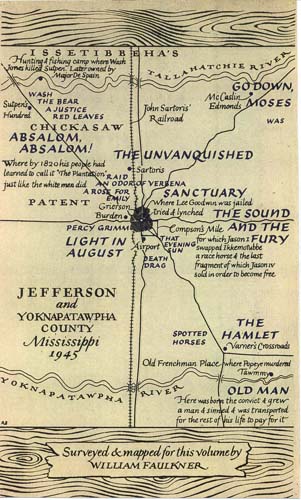
William Faulkner's Nobel Prize Acceptance Speech 1949
*The following is an exact copy of Faulkner's Nobel Prize acceptance speech. I have included the entire text here because it is one of the most inspiring speeches I have ever read and it is an admonishment to future writers and future generations. The most notable aspect of Faulkner's Nobel Prize is that when he won it in 1949, all of his works were out of print in America, for we neither understood, nor could conceive the scope and power of his work. We, however, are infinitely lucky that the rest of the world took note of our best and brightest mind.
"I feel that this award was not made to me
as a man, but to my work - a life's work in the agony and sweat
of the human spirit, not for glory and least of all for profit,
but to create out of the materials of the human spirit something
which did not exist before. So this award is only mine in trust.
It will not be difficult to find a dedication for the money part
of it commensurate with the purpose and significance of its
origin. But I would like to do the same with the acclaim too, by
using this moment as a pinnacle from which I might be listened to
by the young men and women already dedicated to the same anguish
and travail, among whom is already that one who will some day
stand here where I am standing.
Our tragedy today is a general and universal physical fear so
long sustained by now that we can even bear it. There are no
longer problems of the spirit. There is only the question: When
will I be blown up? Because of this, the young man or woman
writing today has forgotten the problems of the human heart in
conflict with itself which alone can make good writing because
only that is worth writing about, worth the agony and the
sweat.
He must learn them again. He must teach himself that the basest
of all things is to be afraid; and, teaching himself that, forget
it forever, leaving no room in his workshop for anything but the
old verities and truths of the heart, the old universal truths
lacking which any story is ephemeral and doomed - love and honor
and pity and pride and compassion and sacrifice. Until he does
so, he labors under a curse. He writes not of love but of lust,
of defeats in which nobody loses anything of value, of victories
without hope and, worst of all, without pity or compassion. His
griefs grieve on no universal bones, leaving no scars. He writes
not of the heart but of the glands.
Until he relearns these things, he will write as though he stood
among and watched the end of man. I decline to accept the end of
man. It is easy enough to say that man is immortal simply because
he will endure: that when the last dingdong of doom has clanged
and faded from the last worthless rock hanging tideless in the
last red and dying evening, that even then there will still be
one more sound: that of his puny inexhaustible voice, still
talking. I refuse to accept this. I believe that man will not
merely endure: he will prevail. He is immortal, not because he
alone among creatures has an inexhaustible voice, but because he
has a soul, a spirit capable of compassion and sacrifice and
endurance. The poet's, the writer's, duty is to write about these
things. It is his privilege to help man endure by lifting his
heart, by reminding him of the courage and honor and hope and
pride and compassion and pity and sacrifice which have been the
glory of his past. The poet's voice need not merely be the record
of man, it can be one of the props, the pillars to help him
endure and prevail."
This speech was originally given at the Nobel Banquet at the City Hall in Stockholm, December 10, 1950.





